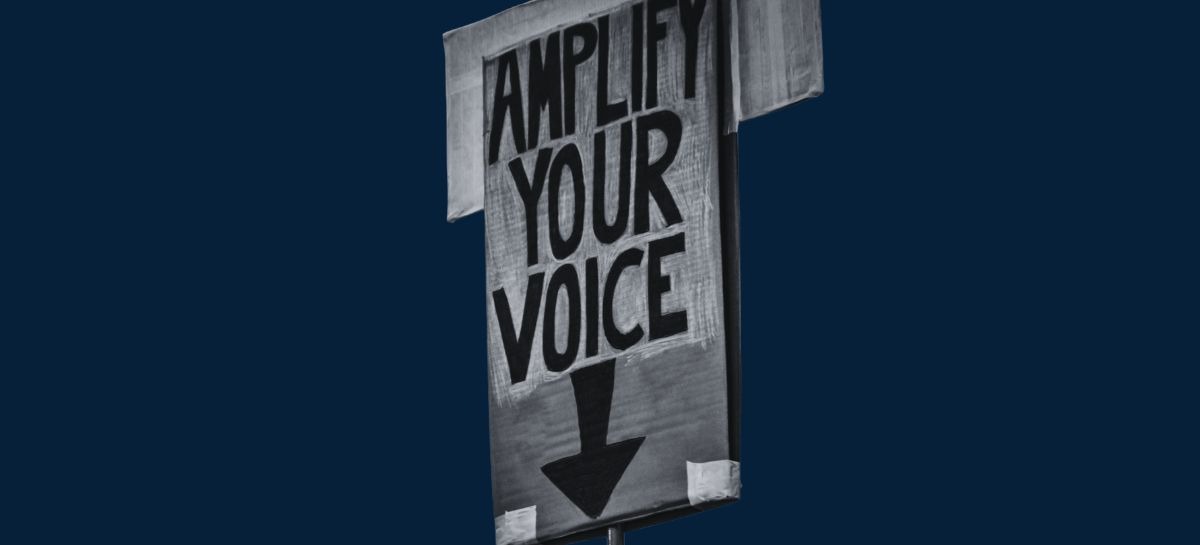
By Angele Latham
Following the shooting, rhetoric surrounding students’ First Amendment rights has been heated. But one theme has been largely agreed upon by First Amendment experts on both sides of the aisle: speech is not violence, and violence is not an answer to speech.
Jacob Mchangama, the founder and executive director of the Future of Free Speech, a First Amendment organization on Vanderbilt University’s campus, said the use of disruption to stop campus speakers is directly anithetical to the First Amendment, and students should not conflate the two.
“Peaceful protests, even with the use of heated language and slogans that can be offensive to others, that’s one thing and should be tolerated,” Mchangam said. “But disrupting classes or physically blocking speakers is obviously not something that is part of free speech. What you’re doing when you’re disrupting a speaker is actually impeding free speech, and you are impeding with the right of fellow students to listen to viewpoints that they want to listen to.”
Vanderbilt University saw “meteoric” improvements in its free speech climate over the past year, according to the new FIRE report, rising from #140 to #7 in the national ranking. The improvements came after a year of tension on the private university’s campus due to a series of campus protests in early 2024, including a student sit-in that resulted in the arrest of four students and one reporter.
The improvement in rankings came after students reported a rise in comfort in expressing controversial topics on campus.
“No one, of course, could be compelled to listen to a speaker if they don’t want to,” Mchangama said. “If you do, you have means of using speech to counter. You can ask critical questions. You can sit silently — if you want to, with a sign — but once you start physically interrupting or heckling, then you go beyond free speech and you’re actively undermining free speech. Not only for the speaker, but also for the audience.”
Read MoreJacob Mchangama is the Founder and Executive Director of The Future of Free Speech. He is also a research professor at Vanderbilt University and a Senior Fellow at The Foundation for Individual Rights and Expression (FIRE).

